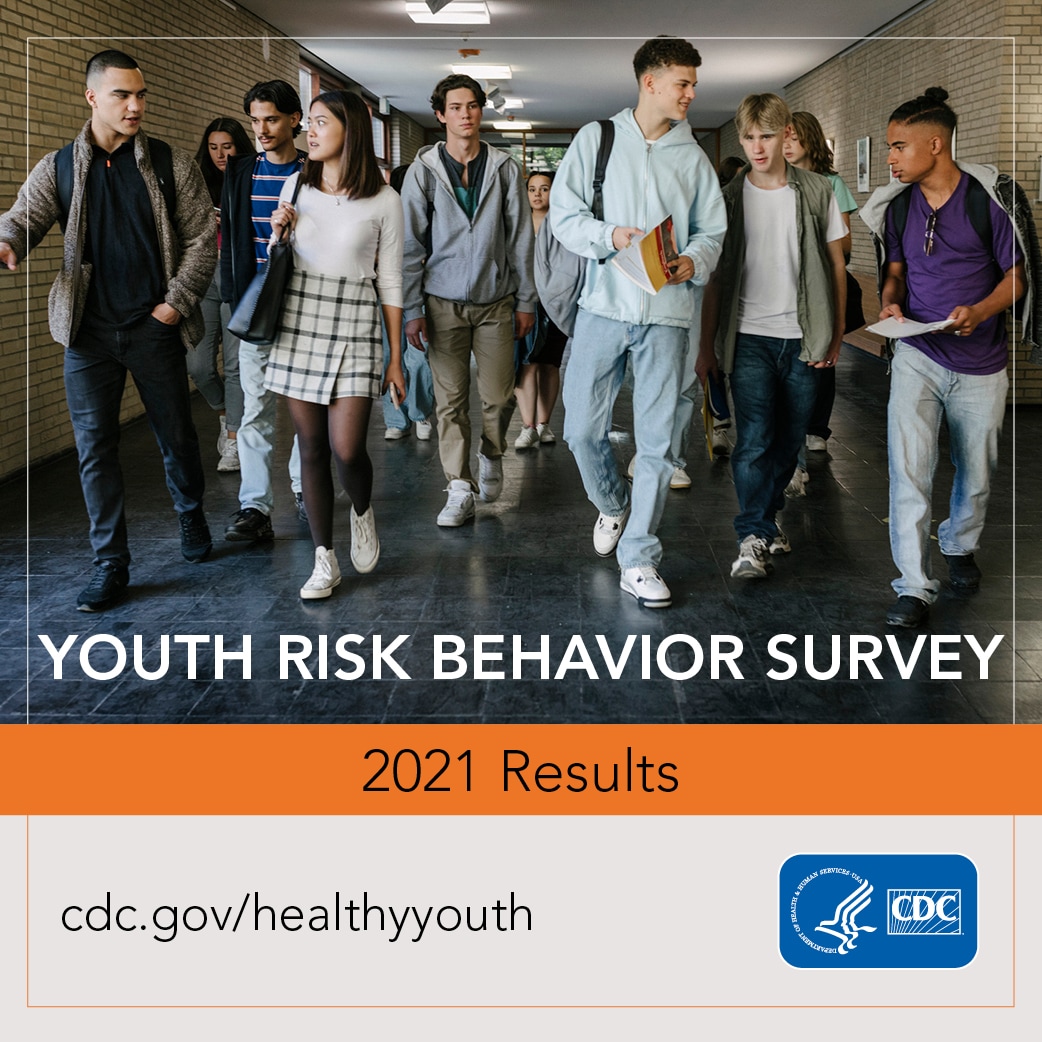January
Jan. 15-19: No Name-Calling Week
Jan. 27: International Holocaust Remembrance Day
February
Feb. 7: National Black HIV/AIDS Day
Feb. 12: National Freedom to Marry Day
Feb. 18-24: Aromantic Spectrum Awareness Week
Feb. 23: International Stand Up To Bullying
Feb. 28: HIV Is Not A Crime Day
March
Bisexual Health Awareness Month
March 1: Zero Discrimination Day
March 10: National Women & Girls HIV/AIDS Awareness Day
March 20: National Native HIV/AIDS Awareness Day
March 20-24: National LGBT Health Awareness Week
March 31: International Transgender Day of Visibility
April
April 6: International Asexuality Day
April 10: National Youth HIV/AIDS Awareness Day
April 12: Day of Silence
April 18: National Transgender HIV Testing Day
April 18: Nonbinary Parents Day
April 22-28: International Lesbian Visibility Week
April 26: Lesbian Visibility Day
May
May 5: National Family Equality Day
May 17: International Day Against Homophobia, Biphobia and Transphobia
May 19: Agender Pride Day
May 19: National Asian & Pacific Islander HIV/AIDS Awareness Day
May 22: Harvey Milk Day
May 24: Pansexual & Panromantic Visibility Day
June
June 1: LGBTQ Families Day
June 5: HIV Long-Term Survivor’s Awareness Day
June 12: Pulse Remembrance Day
June 27: National HIV Testing Day
June 28: Stonewall Riots Anniversary
June 30: Queer Youth of Faith Day
July
July 6: Omnisexual Visibility Day
July 8-14: Non-Binary Awareness Week
July 14: International Non-Binary Day
July 16: International Drag Day
August
Aug. 11: Gay Uncle Day
Aug. 20: Southern HIV/AIDS Awareness Day
September
Sep. 16-23: Bisexual Awareness Week
Sep. 18: National HIV/AIDS &Aging Awareness Day
Sep. 23: Bisexual Visibility Day
Sep. 27: National Gay Men’s HIV/AIDS Awareness Day
October
LGBT History Month (U.S. and Canada)
Oct. 8: International Lesbian Day
Oct. 11: National Coming Out Day
Oct. 15: National Latinx HIV/AIDS Awareness Day
Oct. 16: International Pronoun Day
Oct 17: Spirit Day
Oct. 19: National LGBT Center Awareness Day
Oct. 20-26: Asexual Awareness Week
Oct. 26: Intersex Awareness Day
November
Nov. 3: Transgender Parent Day
Nov. 8: Intersex Day of Solidarity
Nov. 13-19: Trans Awareness Week
Nov. 20: Transgender Day of Remembrance
December
Dec. 1: World AIDS Day
Dec. 8: Pansexual Pride Day
Dec. 10: Human Rights Day
Dec. 14: HIV Cure Research Day
What is the Youth Risk Behavior Surveillance System?
The Youth Risk Behavior Surveillance System (YRBSS) is a set of surveys that track behaviors that can lead to poor health in students grades 9 through 12. The surveys are administered every other year. Some of the health-related behaviors and experiences monitored are:
Student demographics: sex, sexual identity, race and ethnicity, and grade
Youth health behaviors and conditions: sexual, injury and violence, bullying, diet and physical activity, obesity, and mental health, including suicide
Substance use behaviors: electronic vapor product and tobacco product use, alcohol use, and other drug use
Student experiences: parental monitoring, school connectedness, unstable housing, and exposure to community violence
What is the purpose of YRBSS?
The YRBSS was designed to:
Determine how often unhealthy behaviors occur
Assess whether unhealthy behaviors increase, decrease, or stay the same over time
Provide data at the national, state, territorial and freely associated state, tribal, and local levels
Provide data comparing different groups of adolescents
Monitor progress toward achieving the Healthy People Objectives and other program goals
Why is YRBSS important?
YRBS results help monitor adolescent health behavior changes over time, identify emerging issues, and plan and evaluate programs to support the health of youth.
YRBS data are used by health departments, educators, lawmakers, doctors, and community organizations to inform school and community programs, communications campaigns, and other efforts.



